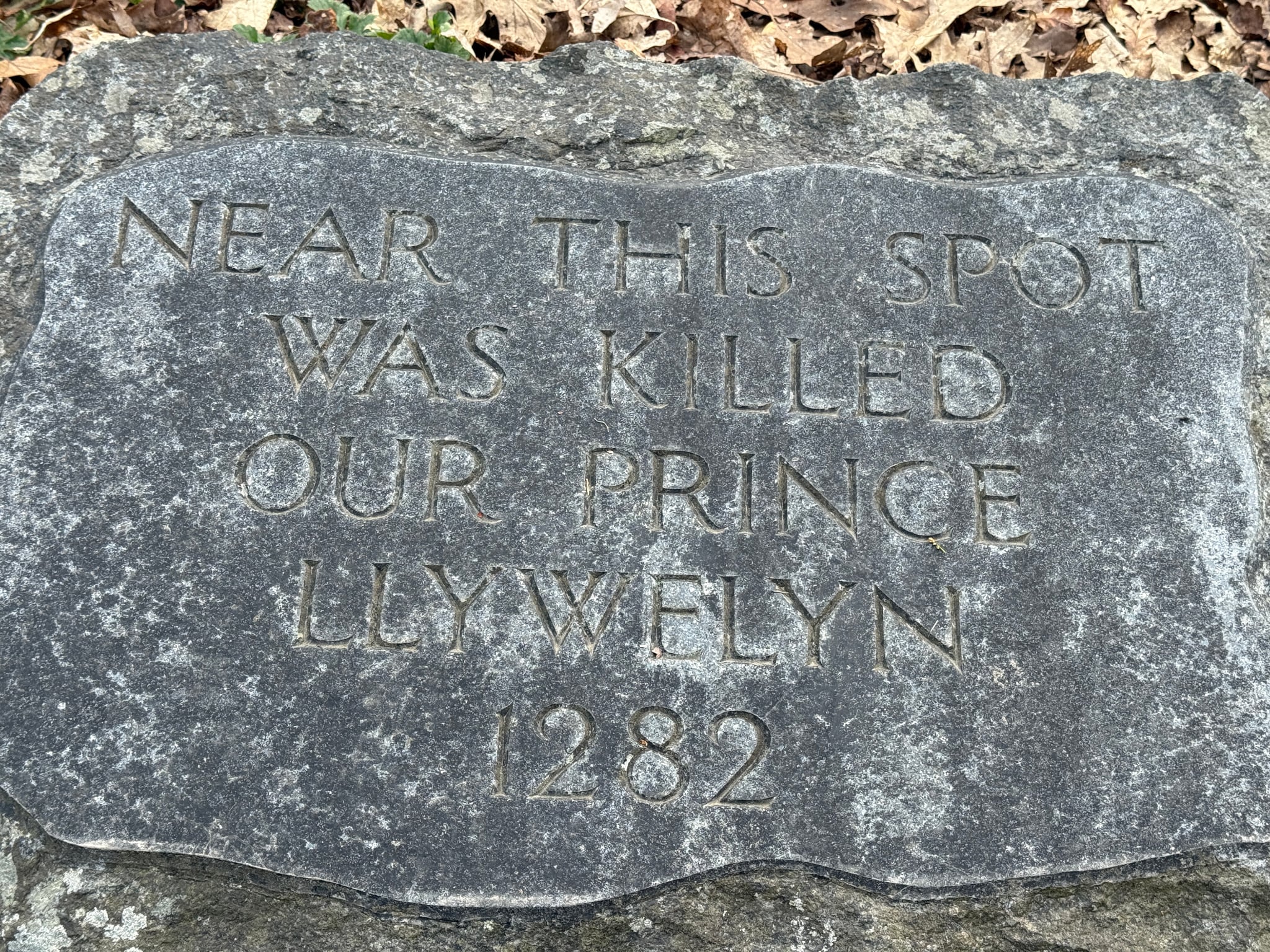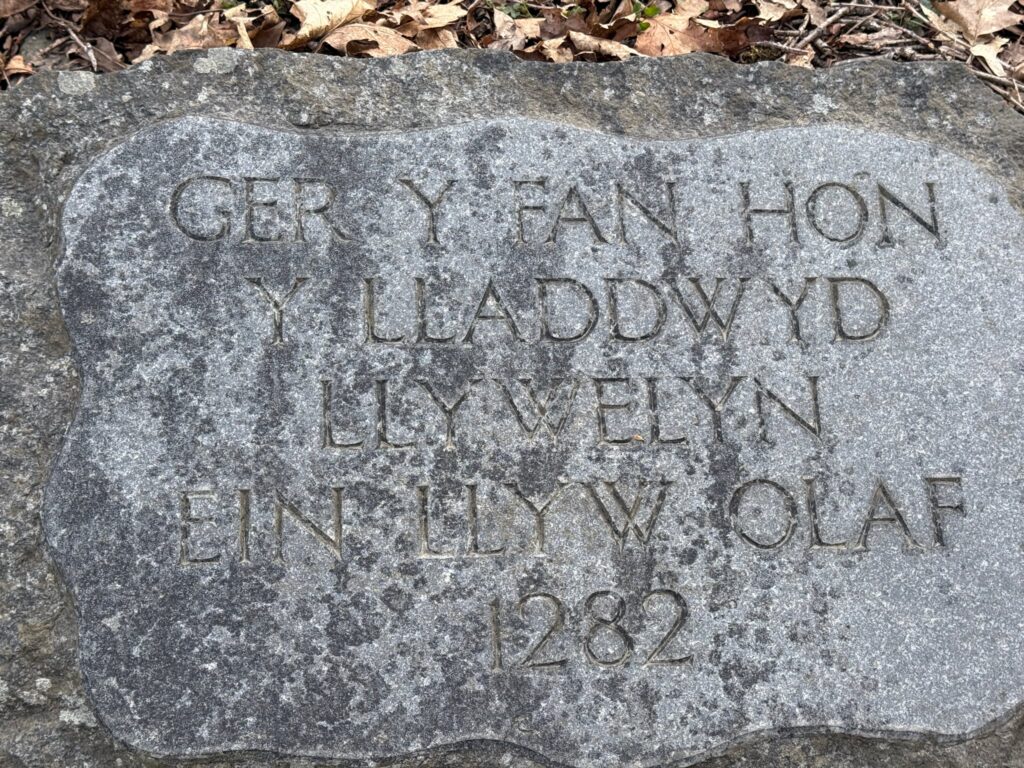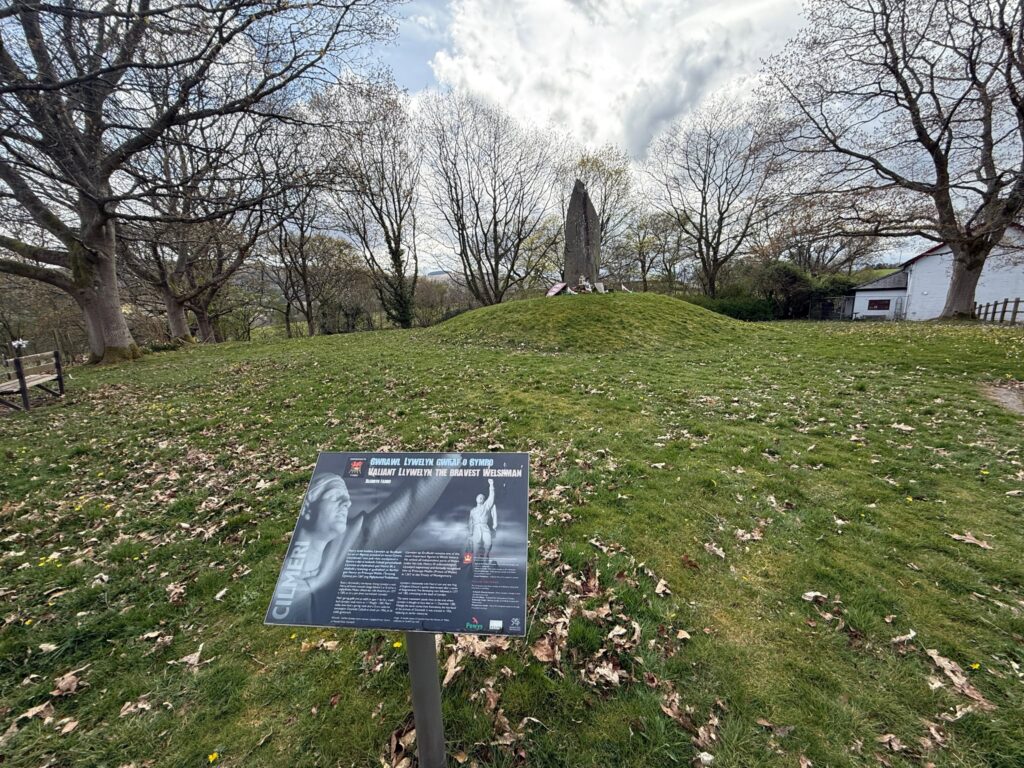Your basket is currently empty!

Llywelyn ap Gruffudd & Cilmeri (1282)
Let us look at Llywelyn (who is unfortunately remembered as “Llywelyn the Last”) and Dafydd ap Gruffudd. Llywelyn reigned between 1246 and 1282, whilst Dafydd reigned between 1282 and 1283.

The reign of Llywelyn was mostly troubled by a rivalry with Dafydd. By 1258, Llywelyn was using the title “Prince of Wales”, something King Henry of England refused to recognise, no doubt a consequence of his historic troubles with the Welsh Princes. Dafydd also refused to recognise the title and became hostile to Llywelyn. He aligned with Henry.
By 1267, Llywelyn had succeeded in uniting with many of the other Welsh Princes (The Treaty of Montgomery), who pledged allegiance to him, and regaining much of Gwynedd’s previously lost lands. Henry had no choice but to recognise Llywelyn as “Prince of Wales”. South Wales Princes, though, did not like Llywelyn and his territorial expanses – this would prove problematic.
In 1274, Dafydd failed with a plot to assassinate his brother and have himself installed as Prince of Gwynedd. As a result, Dafydd fled to England. In 1275, Llywelyn was called to pay homage to the newly crowned King of England, Edward I (Longshanks), in Chester. Llywelyn did not attend and this would begin the Welsh Prince’s biggest problem.
In 1277, Edward marched an enormous army into Gwynedd and took much of its land, cutting off the food supply. The intention for Edward was simple: defeat Llywelyn, disinherit him and split the Kingdom between his brothers, Dafydd and Owain.
Llywelyn sued for peace with the Treaty of Aberconwy in November of 1277 and was allowed to keep his land and titles but would have to pay considerable fees to Edward. This would begin an attempt by the English crown to Anglicanise Cymru, something which would force a reconciliation between Llywelyn and Dafydd and begin the next big revolt.

By 1282, the brothers were united in rebellion against the English, though they had not made the necessary preparations. Edward quickly took Ynys Mon (Anglesey) and peace attempts were made by the Archbishop of Canterbury, who offered Llywelyn his life if he were to surrender Cymru to Edward. They offered him the chance to retire to a manor house in England, and Dafydd was to join the Crusades. Llywelyn passionately refused, as he saw Cymru as his birthright and its freedom as his purpose.
Sadly, that same year at the Battle of Orewin Bridge at Builth Wells, Llywelyn would perish in battle. The circumstances are not known but a subject of speculation. He was slain defending his homeland in battle; decapitated by the forces of Edward and viciously mocked by English King and subjects alike while his head sat at the Tower of London for over fifteen years. It is said that his head was even crowned with ivy in London – a mocking tribute to the ancient Welsh prophecy of a Welsh King being crowned “King of Britain” in London.
As for Dafydd, he would become Prince of Gwynedd following his brother’s death. He would continue the fight but fall into captivity the following year, when he would be tried for high treason (the first to have ever been tried for such “crime”) and would be hanged, drawn and quartered. We have a video about this specific topic, which we will share in the comments.
The title “Prince of Wales” would end there, at least as far as native Princes are concerned. It now carries on as a title for the heir to the throne, as intended by Edward I, who wished it to be so as a form of mockery towards Cymru.
More from Welsh Histories
Welsh Histories is a Welsh history celebrating platform which looks to promote all aspects of Welsh history. Though we focus predominantly on native Welsh history, we do also share the non-native aspects from time to time. You can follow us on Facebook; Instagram or Twitter for more. A reader? We also have our very own Welsh Histories Shop where we sell our Welsh Histories Magazine. Diolch yn fawr iawn and keep enjoying Welsh Histories.
Niklas is the founder, owner, manager, editor, writer, video creator, voice over artist, and so forth, of Welsh Histories. He is passionate about the preservation of Welsh culture; the rejuvenation of the Welsh language and the promotion of Welsh history. Niklas currently resides in Pune, Maharashtra, with his beloved wife.

